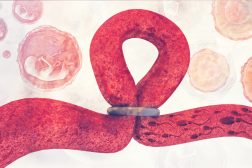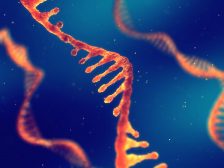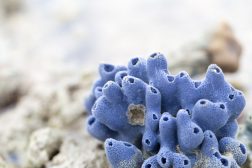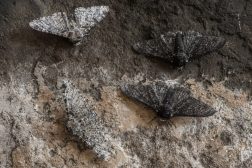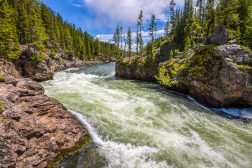Definition
noun, plural: flagellates
A cell or an organism that has flagella
adjective
(1) Of, pertaining to, characterized by having a whip-like organelle, flagella
(2) (botany) Producing filiform runners such as that in strawberry
Supplement
A flagellate pertains to any cell or organism (especially microscopic) that has one or more flagella. Certain organisms are flagellated in certain stages of their life cycle. Flagellate may also refer to a group of protozoans characterized by their flagellum or flagella ((e.g., Giardia lamblia)). In a former five kingdom scheme of classification, the protozoans belong to Kingdom Protista and are classified into four groups based on their means of locomotion: the flagellates, the amoeboids, the sporozoans, and the ciliates. However, this taxonomic scheme of classification is being replaced with the one that involves DNA sequencing and comparisons. Nevertheless, these terms are still in use in describing the level of organization between these groups. Many of the flagellates have two flagella such that one is directed forwards while the other is trailing behind (such as in Euglena). The flagellum is one of the locomotory organelles that many single-celled eukaryotes utilize to propel themselves in an aquatic medium. Apart from propulsion, the flagellum may also be involved in obtaining food. The flagellum creates a current that brings in food towards the cell or organism.
Word origin: Latin flagellum (“whip”)
See also:
Related term(s):


